Fashion Textiles To Help Save The Planet At Modtissimo
As Paris Fashion week recently closed out the Fall/Winter 2022-2023 calendar, it’s critical that textile shows, which are the engines of the industry, get just as much coverage. Modtissimo, held in Porto, Portugal, is one of the world's largest textile fairs that includes a contemporary sustainability focus.
Held in Porto, Portugal, the trade show welcomes all twice a year and will be celebrating its 30th anniversary in September 2022. I attended the February edition, which had 300 exhibitors making the event insightful and inspiring given the apparel industry's multifaceted influence.
Fashion is the way to express ourselves; with the rise of social media and the desire to present our best selves to the world on and off digital platforms, clothing and fashion are the never-ending way for us to do this. However, the global fashion industry is a major contributor to the climate emergency we face, and lowering its impact is critical.
Modtissimo
It's reported that the fashion industry pumps out around 1.2. Billion tonnes of CO2 each year, this equates to more emissions jointly produced by the aviation and shipping industries. The World Economic Forum released a report in 2021 citing fashion and the related supply chain as the third-largest polluters of the planet. Food and construction are the other two.
This brought me to Modtissimo, the oldest textile fair in the Iberian Peninsula and the only one in Portugal dedicated to the Portuguese Textile and Clothing Industry. In recent years, Portugal has been positioning itself as a competitive place to do business more sustainably, and we found this expo to be a valuable space for sourcing innovative solutions and ideas for textiles and manufacturing. Also, we heard about 'the green wave’ sustainable fashion magazine produced by ATP and wanted to get our hands on a copy as it was exclusively distributed during the event.
With a focus on innovation and sustainability, we wanted to see what solutions and alternatives were available for the global fashion industry. I must say, we were pleasantly surprised by the number of Portuguese suppliers. Here are our curated favorites.
Modtissimo
RDD Textiles® – Research, Design, and Development provide integrated innovative, responsible solutions, from new concepts and designs to the final product, and their products are sold to global fashion brands.
Created in 2017 and located in Barcelos, in the North of Portugal, RDD offers a vast selection of new solutions that are 100% green, 100% recyclable, 100% biodegradable.
We were fascinated by their PLNTFIBER and FRUTFIBERS™ concepts that avoid using cotton; FRUTFIBER™ repurposes food waste, and PLNTFIBER™ uses renewable, fast-growing plants.
Structure: INTERLOCK
Composition: 60% BAMBOO LYOCELL 20% PINEAPPLE 20% BANANA Colour: FLAMINGO PINK
The PLNTFIBER™ (blends of Lyocell Bamboo with Hemp and Himalayan Nettle) and FRUT FIBER™ (blends of Lyocell Bamboo with Banana and Pineapple) projects were co-developed with the material science brand PANGAIA.
The VALÉRIUS 360 collection is born from their own circular economy initiative. Where they collect the cutting waste of their clothing manufacturing units to recycle, to produce new yarns and jersey fabrics making the process (100% traceable).
The COLORIFIX dyeing process produces colors in a natural way, reading the DNA present in nature. RDD says it's a highly efficient, cost-effective process that uses no acids, no solvents, and no alkalis. At the same time, it consumes 90% less water and chemicals, saves more than 20% energy, and creates 90% less waste than conventional dyeing. Making this a revolutionary environmental process.
PLNTFIBER Structure: AMERICAN FLEECE Composition: 60% BAMBOO LYOCELL 50% HEMP Colour: BLACK
With FOOD TEXTILE, RDD produces jersey fabrics with yarns dyed with ingredients extracted from vegetable waste. This technology proposes a new way to solve food loss, and a single food product can generate dyes of multiple colors.
Another process is VALÉRIUS 360, where they're able to reduce the use of primary resources up to 50% and minimize the total amount of textile material discarded in landfills for incineration.
During the textile transformation process, RDD claim they can reduce the consumption of chemicals up to 98,5%, water consumption up to 85%, and energy by up to 83%.
ECO.BLACK, a partnership with LA-based Nature Coatings, is another creation. It's a coating that uses an innovative true black pigment produced by processing wood waste. With a closed-loop production that emits zero greenhouse gases, including carbon dioxide, these sustainable black coatings are safe for human health and less damaging, unlike other petroleum black pigments.
Another environmental hazard is polyester, a human-made material that isn’t naturally biodegradable and, when washed, can release tiny synthetic microfibers of plastic into the water supply.
It’s estimated the global use of polyester will grow to 92million tons over the next 10 years, an increase of 47% (Bloomberg).
With over 7 billion people on the planet and needing or wanting a variety of products, we’re in trouble. Yes, we can all help to course correct. Still, a more powerful way would be if the products people had access to were already environment friendly, requiring the manufacturing process and materials used to be already planet impact considered.
FMG CONSULTING
“Fast fashion is one of the problems, and good quality and durable products are a good starting point together with sustainable fibers and production processes,” say industry veterans Ju and Filipe of FMG Consulting. The company started thirty years ago and began dealing with organic cotton twenty-five years ago, having started with Quality Assurance of European production to Patagonia USA.
Located in Vila do Conde in the north of Portugal, FMG is a production office focused on developing fashion products in sustainable fibers and finishing processes.
The products they develop for their own brand use sustainable recycled polyester and cotton fibers, and using recycled fibers helps the circular economy. They say this is a great step from the conventional materials that use polluting pesticides and much more water which is already a scarce resource.
FMG also produces just the right quantities needed for the market to avoid wastage.
“We are also adopting the 100% compostable plastic bags for our brand products – these bags will be deleted in almost 90 days instead of normal plastic bags that take 400 years.”
FMG use their expertise to help brands become less impactful.
“Sustainability is a way of life, and we try to bring to fashion all the values we believe in and, even if very modestly.” The duo says they want to help the fashion industry become more friendly to the environment and give consumers products that correspond with their fashion and environmental expectations.
ORGANIC COTTON COLOURS
Founded in 1992 and located in Spain, Organic Cotton Colours is, as its name states, 100% organic cotton. A toxic and chemical-free textile alternative.
Their product was born as a solution for people with severe skin problems and people with strong ethical and environmental values.
The company controls the chain from raw material from the field to its last transformation. They ensure the absence of chemicals that harm the environment and people's health in any of the organic cotton transformation steps, which guarantee a 100% biodegradable product that is completely harmless.
Organic Cotton Colours encourage the preservation of the environment thanks to a textile production process free from highly polluting chemicals or mechanical methods. They use natural nutrition due to their regenerative agriculture practices in the field.
Beyond this, the farming methods of regenerative agriculture is used by the 400 farming families are part of the OCCGuarantee® Social Project in Brazil.
Under the Zero Waste concept, OCC has developed a new yarn with short organic cotton fiber that is discarded in the spinning process due to its short length. They mixed it with Tencel Refibra® (one of the most sustainable synthetic fibers of the moment) to give rise to a new recycled yarn, their first recycled yarn with 50% first-use organic cotton.
MAINETTI
The Mainetti group operates in 180 countries and has a history of researching and creating new eco-friendly products. The innovations that captured our attention are their 3d hanger made in paper with an industrial production having the same characteristics as plastic. They also call themselves pioneers in projects for the reuse of plastic hangers, creating a green circle in production.
Another attention grabber is their Biocompostable polybags that, after 40/60 days, disappear in a sanitary landfill without harming the environment. All their paper comes from sustainable forests and places with environmental certifications.
The most recent project that the company has embarked on is putting into practice the Polylop. It consists of recycling polybags in a machine that they have developed that can separate the paint from the plastic. By doing this, they can obtain plastic ready to be used again to make new bags or other materials without the contamination of colors. This innovation is potentially revolutionary as it could remove millions of bags from dumps and reuse the material over and over again.
Heliotextil
"Fashion is one of the leading polluters; because of this, it is under the eye of public scrutiny. Moving on, there has to be a shift of focus to sustainable solutions that address the problem". Miguel, Heliotextil Head of Marketing. Founded in 1964, Heliotextil is a Portuguese privately owned manufacturer that creates and produces labels, transfers, elastics, ribbons, packaging, and various accessories for multiple products. Committed to waste reduction, recycling, reducing their carbon footprint, CO2 emissions, using renewable energy, and better use of water.
The environmentally-friendly solutions that caught our attention are:
Heat Transfers – Oeko-tex Certified with water-based inks.
Jacquard and Printed labels – Using sustainable materials, Recycled Polyester and Organic Cotton (GRS and GOTS certified), and sustainable water-based inks for printing. Eco-friendly ribbons made of Recycled Polyester and Organic Cotton (GRS and GOTS certified) and elastics made with organic cotton.
As for the future, the company has been working on a new QR Code concept that aims to bridge the information gap between manufacturers/brands and the consumer unique to the individual piece and giving the owner of the item an exclusive channel with the brand that can change and evolve.
"It is not enough to have a natural or recycled fiber composition. It is crucial that the entire manufacturing cycle is tracked through a certified process to guarantee that both the materials and processes are in accordance with the parameters." Says Miguel.
As a manufacturer in the garment industry, Heliotextil tries to find sustainable alternatives to traditional products that can make a meaningful impact to reduce the carbon footprint.
PIER LORENZO
From Braga, Portugal, Pier Lorenzo created the line ACTIVE, named wash&go, given because the consumer can wash the garments at home, dry and no need to iron, saving energy from the pressing process, which means less CO2 released in the environment.
Another innovation is a water-less printing technology, which they're using to make formal wear more relaxed, practical, and less impactful on the environment.
Conventional digital print needs washing after the printing process, and water consumption is 16 liters per 1 meter of print. Pier Lorenzo uses a sublimation technique for printing that has zero water need. Many prints of images or patterns can be done, including what looks like woven fabric.
From mid-2022, they will start offering to the market garments made with recycled yarns, mainly polyester from plastic (sea and land).
Carlos, head of sales, says the products are important to alert "the consumer that we urgently need to change our habits of consumption and promote a more Eco and sustainable way to live."
BLOOMATI
Bloomati is a brand created in 2017 by Carvema, which has been in business for over 45 years. Located in Barcelos, north of Portugal, they are a knitting fabrics supplier focused on sustainable fabrics.
They offer a collection of knitting fabrics made with sustainable fibers like organic cotton, cellulose fibers (tencel, bamboo, and hemp), or recycled fibers (cotton, polyamide, polyester).
Bloomati also focuses on sustainable practices, using renewable energy, or reducing water usage. And producing by order as an attempt to avoid stock and overproduction. They also back everything up with certifications to ensure the sustainability and quality of the products are in line with market needs.
THE CAPTAIN SOCKS
The Captain Socks, from Porto, are straightforward, stating they're not operating 100% sustainable because, in the middle of the value chain, there are always factors that impact the environment, such as transportation of goods.
However, what caught out attention was their use of Apple Skin as an alternative to leather for their recently launched sneaker collection. Apple Skin, a type of imitation leather that is biodegradable and comes from renewable sources, was invented by Frumat Leather, an Italian company based in Trento that won a "Technology and Innovation" award at the Green Carpet Fashion Awards in 2018.
Patented socks are their main products, made out of organic cotton and wool socks with mulesing-free wool. With OEKO-TEX certificate yarns for their socks, The Captain Socks guarantees products that are not harmful to the Planet. They also use paper tags with FSC certification, assuring they are consciously produced. They also launched the first collection in the world for colorblind people. An inclusive collection in which each sock (and color) has a symbol that helps colorblind people identify the color of the socks they are wearing or intend to wear in their daily lives.
To help the Planet further and minimize its impact in terms of CO2, they are planting an indigenous tree for each product sold on their online store.
WAYZ
Located in Porto, Wayz sneakers are made with local and eco-friendly materials. All the shoe components are sourced and produced within a 70km radius of Porto, Portugal, as a means to guarantee the quality, create impact in local communities, and reduce the environmental footprint of each product.
The company was founded in 2018 by Pedro Maçana and Daniel Goncalves. After one year of researching materials, defining their concept, and prototyping, with the success of their launch at the end of 2019, they opened their online store and started selling in physical shops in Porto and Lisbon.
Depending on the material and shoe, the upper part is composed of 100% Biodegradable (Chromium and metal-free) vegetable tanned leather, 100% Recycled polyester textile made from sea waste, or 70% Recycled cotton upper + 30% viscose.
As for the outsoles, they are made of 70% Recycled rubber outsoles and upper + 30% synthetic rubber. Inside, you'll find 90% Biodegradable insoles made of latex, linen, and wood and wool fibers.
Finally comes the packing, made of 100% Recycled cardboard.
Currently, Wayz is developing vegan versions of their vegetable-tanned leather models. They are also working on a second-hand program called Wayz Second Life, where they will sell second-hand Wayz that are cleaned and repaired.
Co-founder Pedro Maçana states they create ethical sneakers made to last with timeless and genderless designs. He also states they're carbon neutral, making this conclusion after making a life cycle analysis with an external partner and calculating the environmental footprint of their sneaker collections.
You can find Ways sneakers in several European marketplaces, and they have the intention to enter more European retailers and the US market.
REPARELL
Reparell is a Swedish brand that manufactures sustainable garment trims, tags and biodegradable hangers. They also produce sustainable business wear and outdoor, casual, and sportswear, all from ocean plastics and timber waste.
Founded by Emil Pettersen after 15 years in the tech industry. He says he was "dumbstruck" by the textile industry's lack of focus on product and production development. And to be part of the solution, the answer was to start his own company and do what he believed, and a "Quixote-like" quest to prove all others wrong.
All their cotton has been replaced with Tencel, a 100% biodegradable material produced by Lenzing from wood pulp.
When polyester is needed for quality, feeling, or tech spec, Reparell uses Seaqual yarn. This fabric contains maritime litter, picked from the ocean, beaches, and waterways by "Beach-cleaners" and fishermen.
A new product they are developing is" terry fleece," which will leak 80% less microplastics when washed. They are working together with a chemical company producing an "Additive," which aims to prolong the molecule-chain, making it possible to use less quality plastic but still get it spinnable (extruder). We were also captivated by a fully biodegradable swing tag that fully dissolves overtime when immersed in water.
All Reparell products are produced from the least harmful materials in functional democracies (Sweden and Portugal) where taxes and social security for workers are above transparent. A key brand anchor to ensure suppliers comply and go beyond governmental rules/regulations for waste management.
Pettersen does not believe that any products are 100% sustainable. He doesn't feel comfortable talking about sustainable textiles or sustainable fashion, which he admits is used in marketing and hashtags. But when he refers to their products, he calls them "less bad "than similar clothes produced by our competitors.
We only covered a few of the many eco-friendly manufacturers and suppliers here. Modtissimo is a must-visit for all in the fashion industry, and the next Editions of Modtissimo will be September 6th- 7th, 2022 celebrating 60 editions and 30 years in the industry. https://modtissimo.com/en/visit/
If you're interested in sustainable fashion textiles and their impact on the planet, learn more about textile dyes and their role in promoting eco-friendly practices and discover how innovations in dyeing techniques are contributing to a more sustainable future in the fashion industry.
HOW DO YOU FEEL ABOUT FASHION?
COMMENT OR TAKE OUR PAGE READER SURVEY
Featured


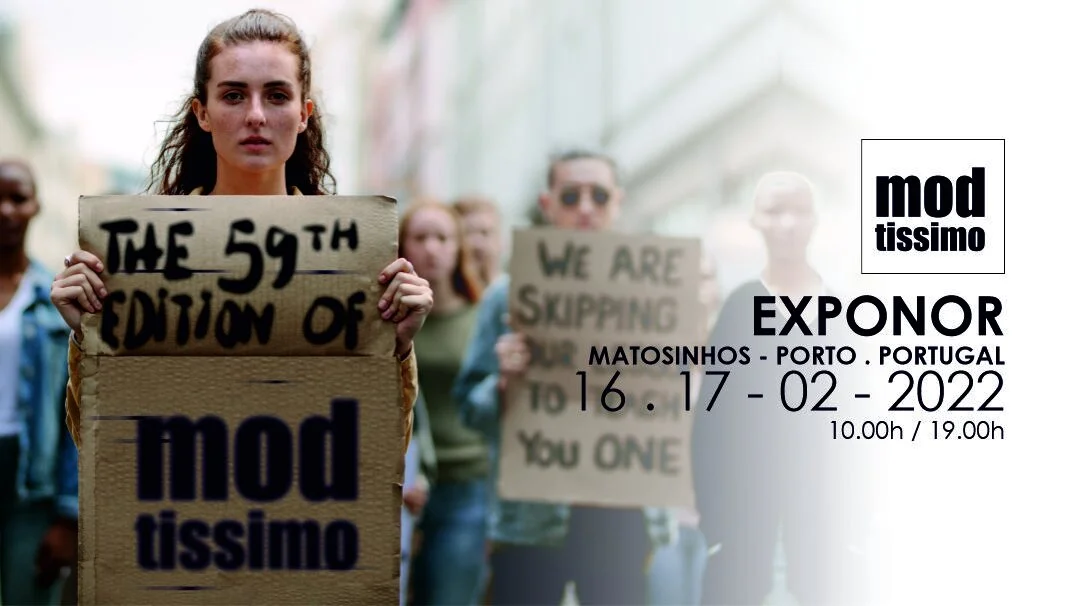
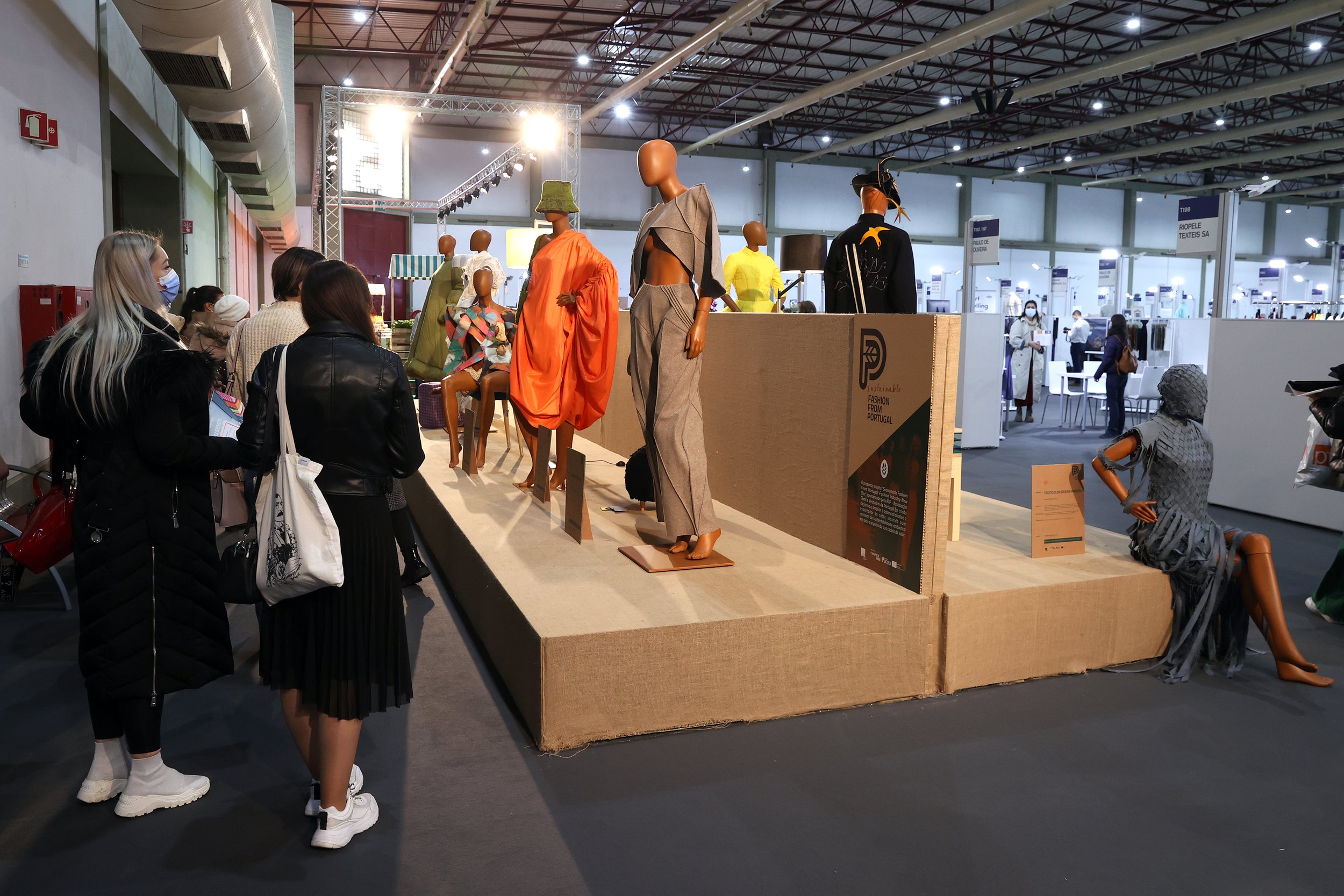
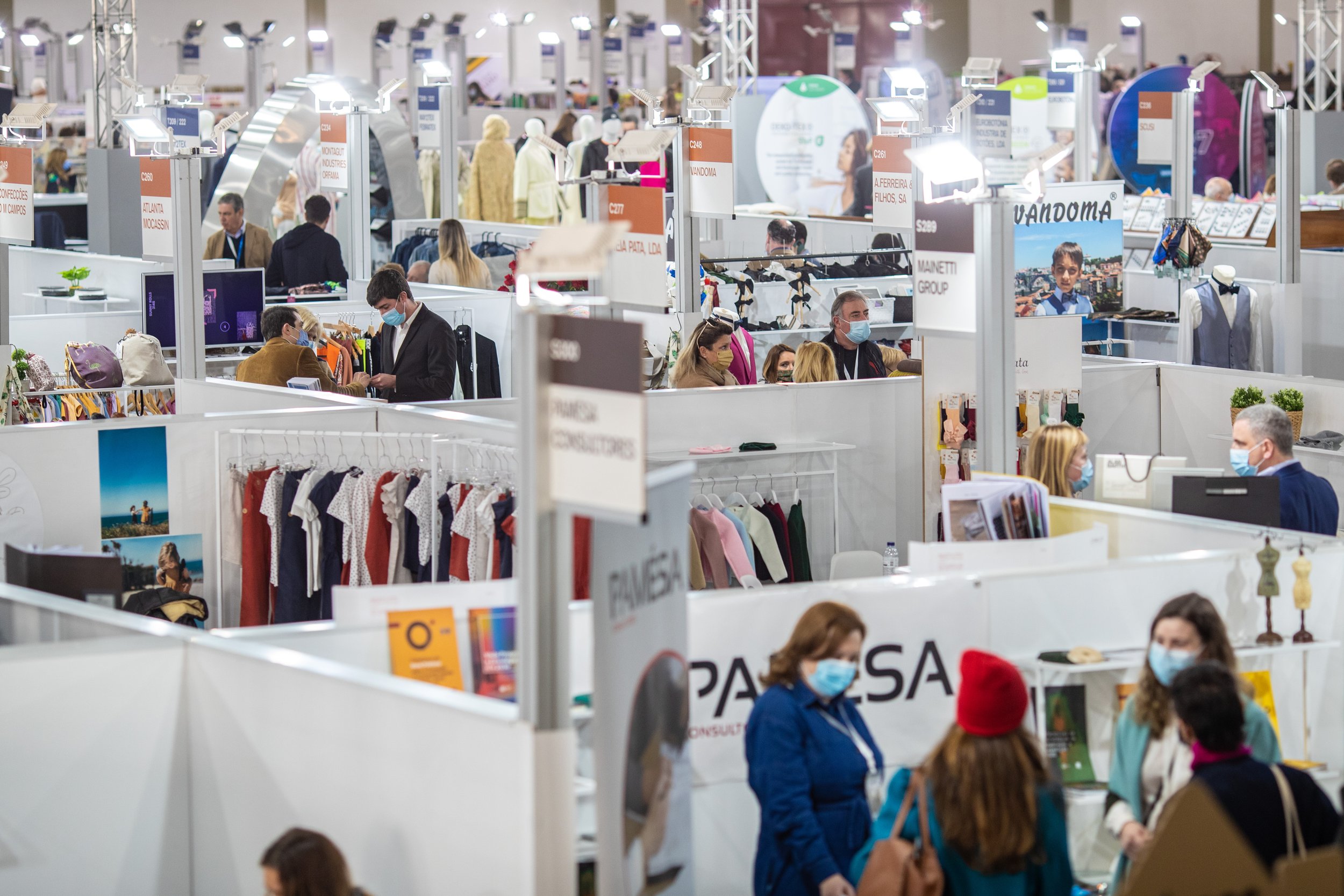
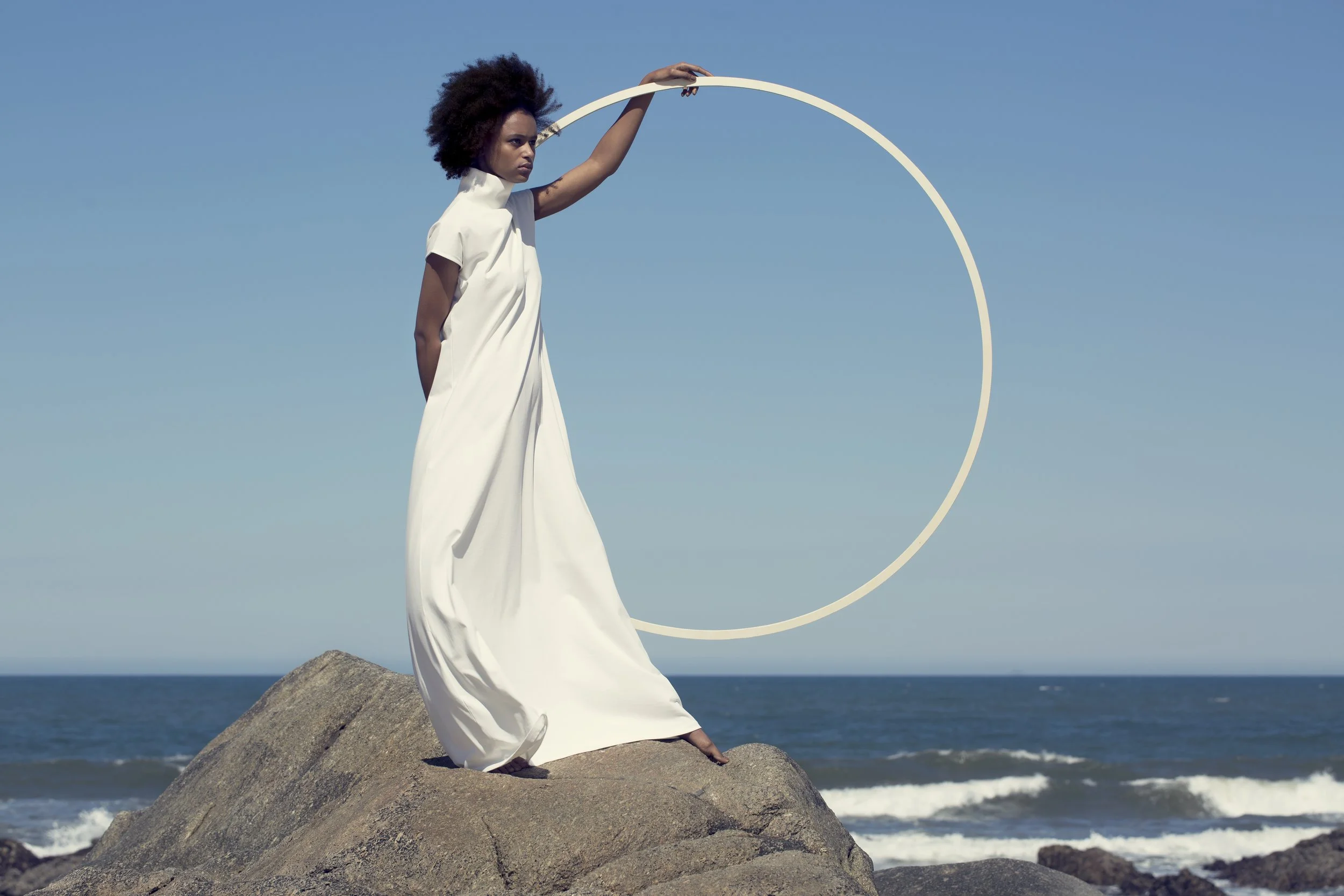

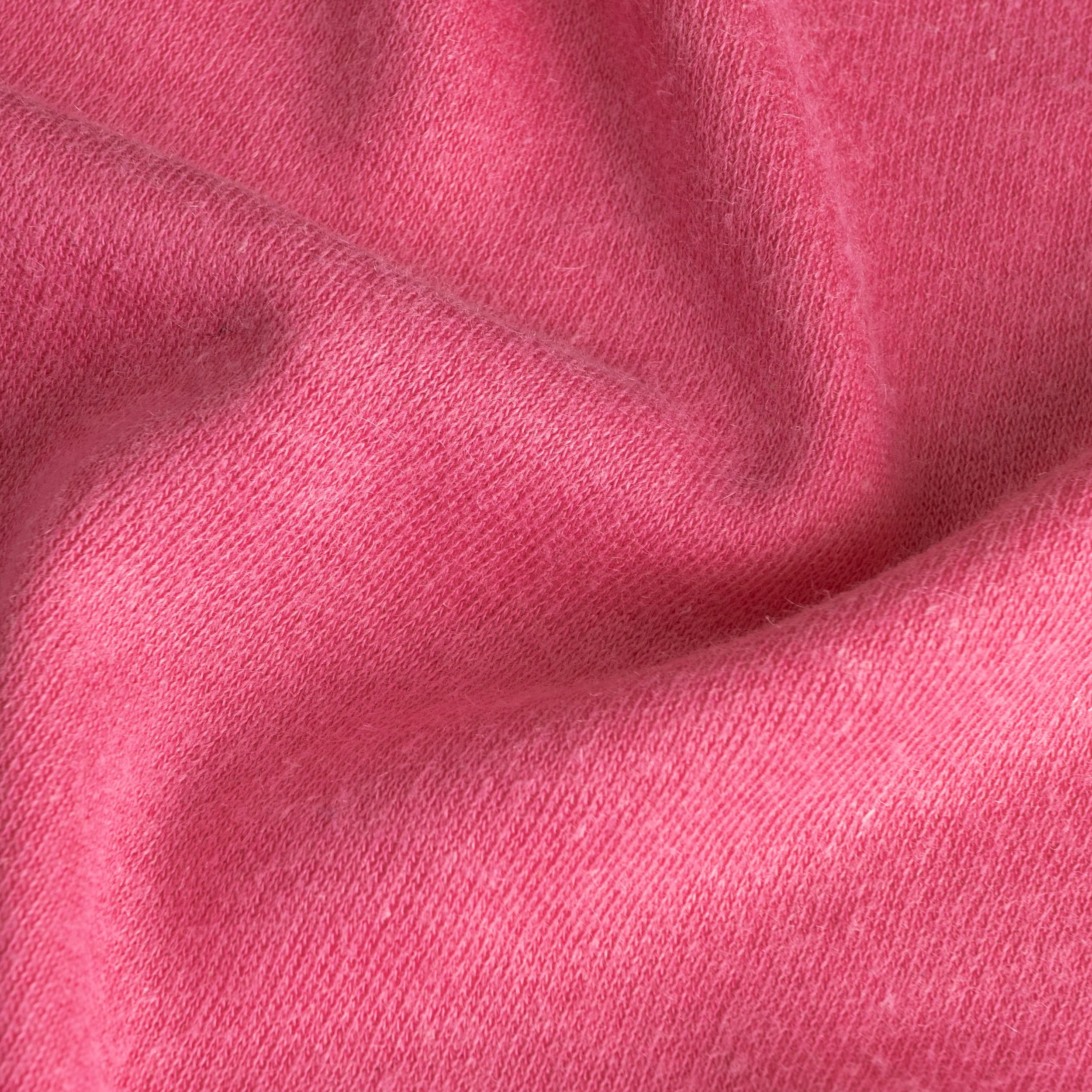


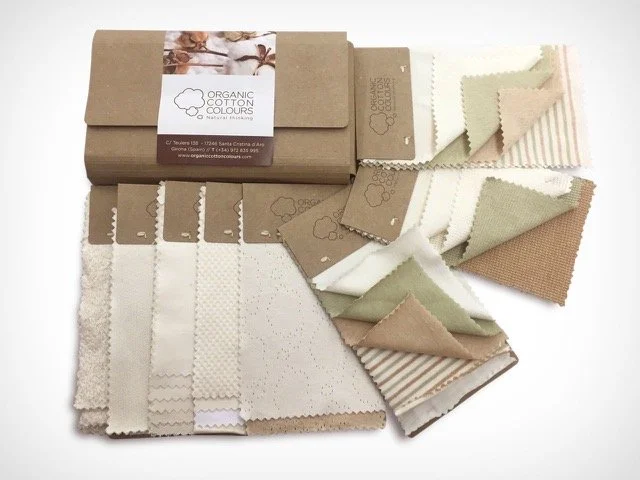
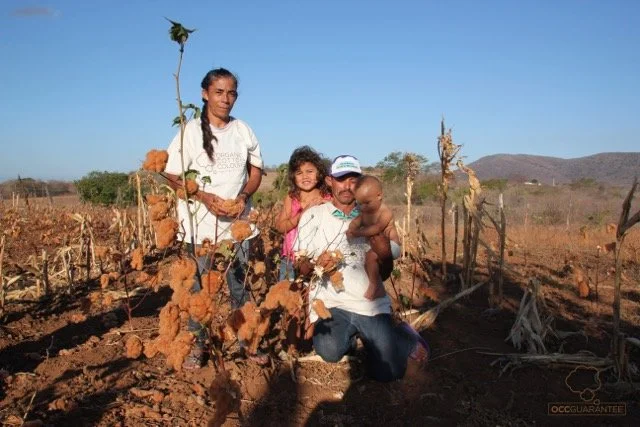


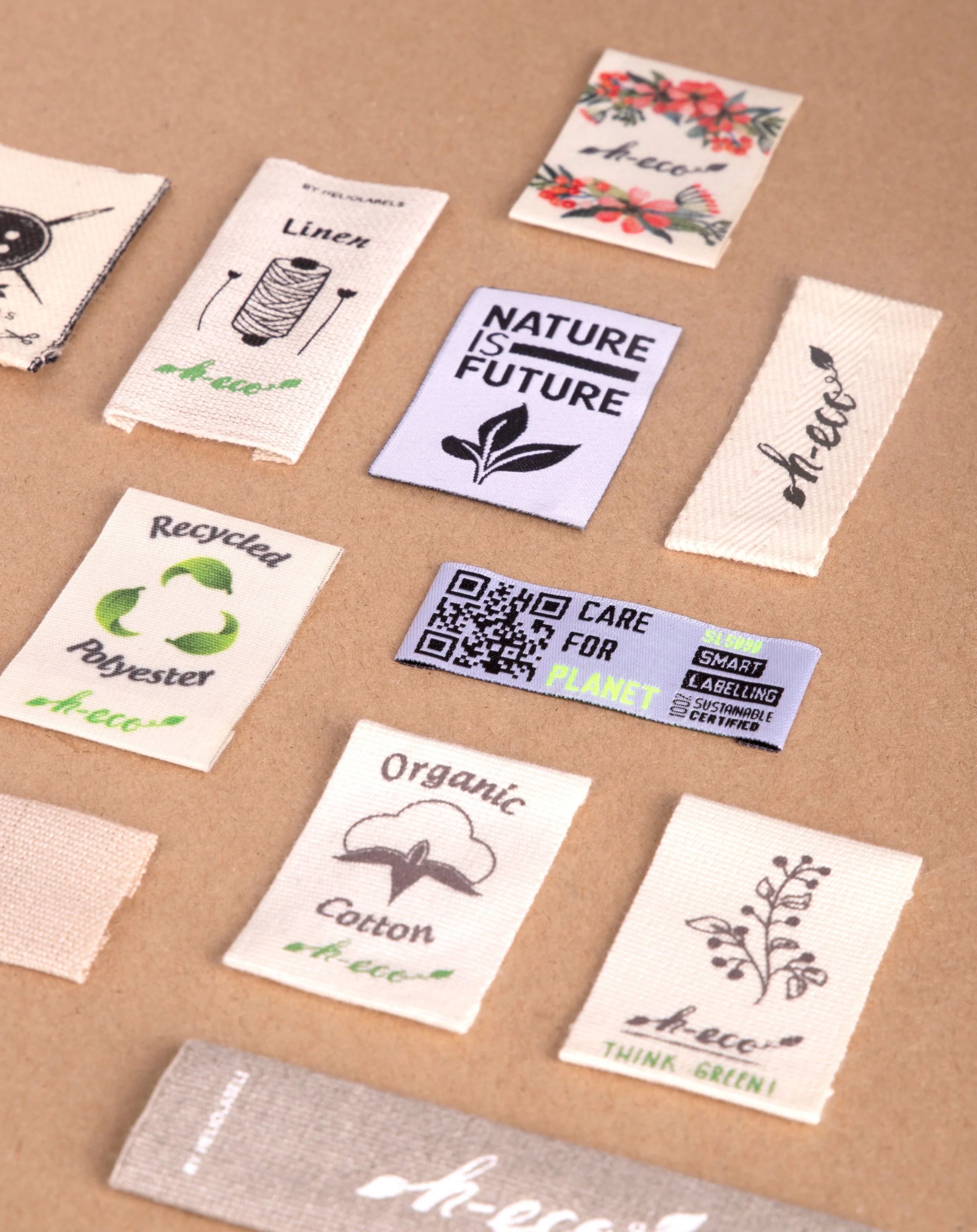



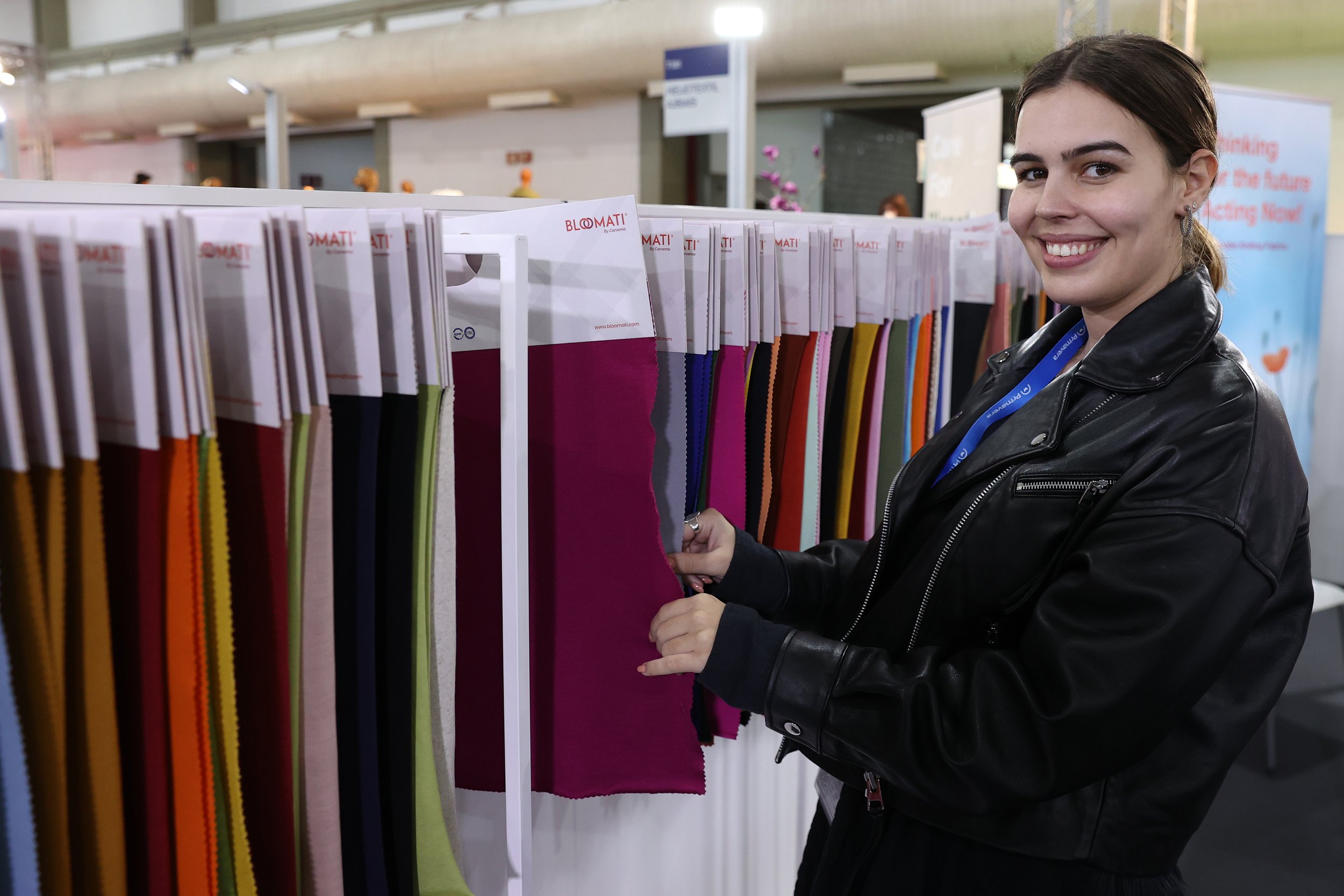


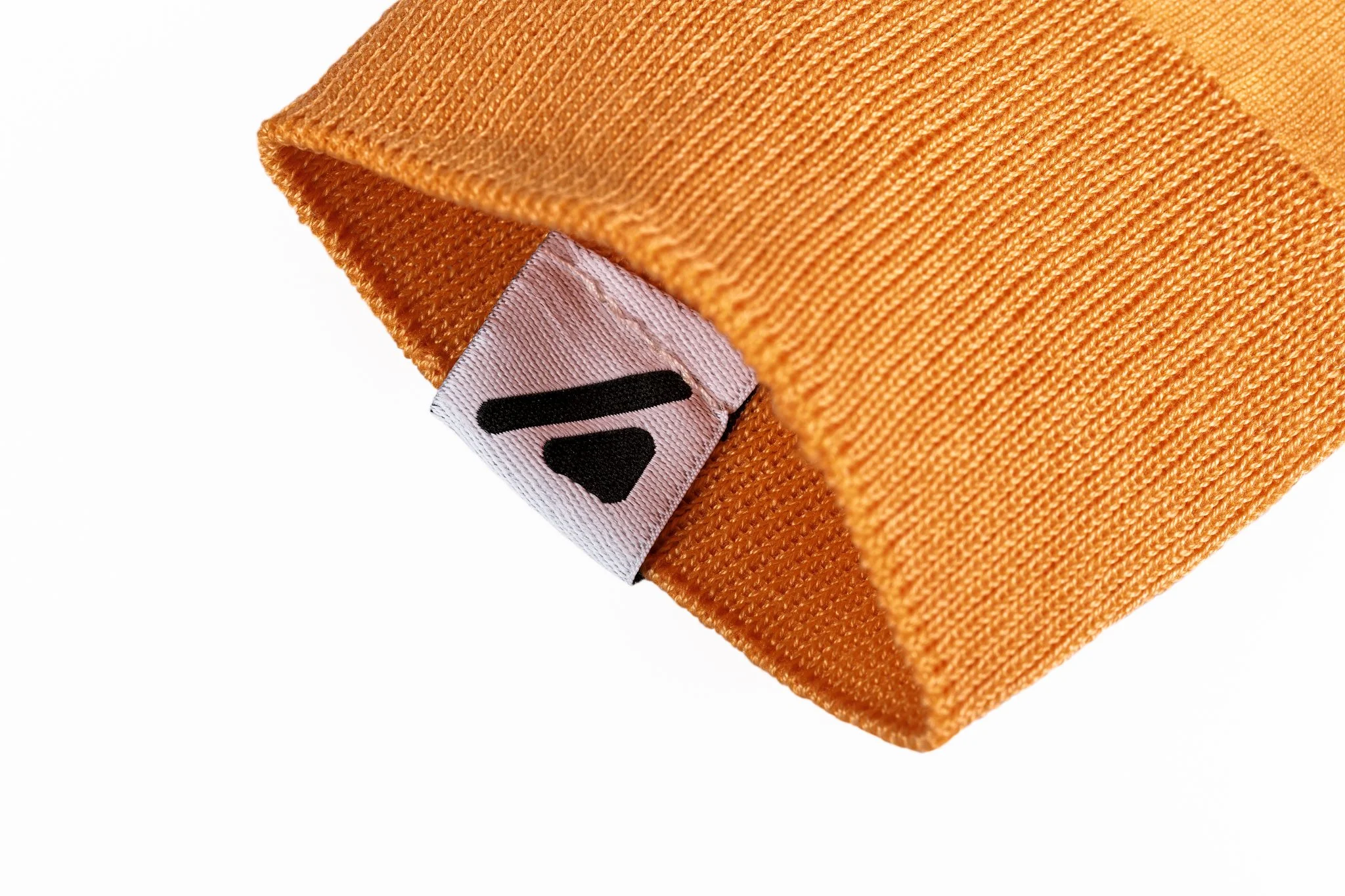
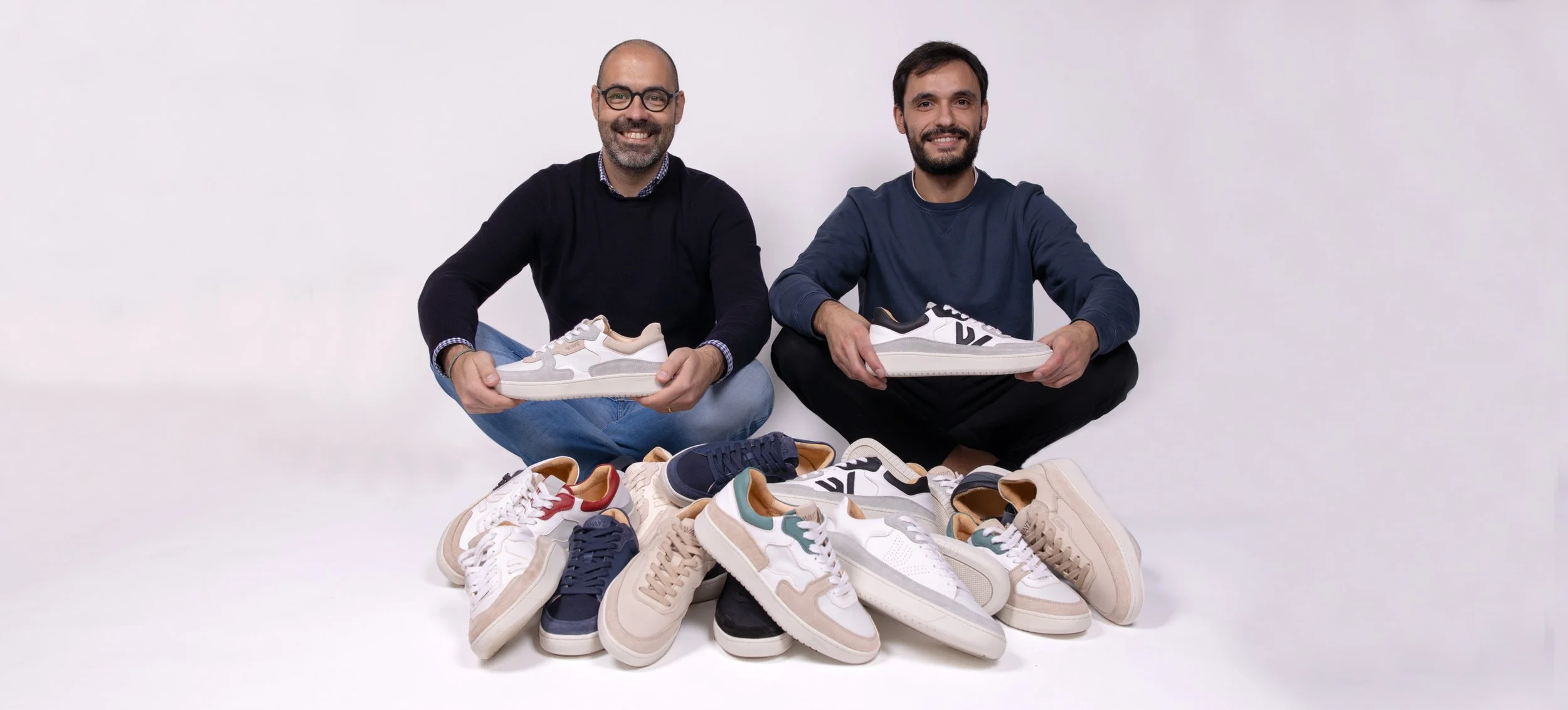

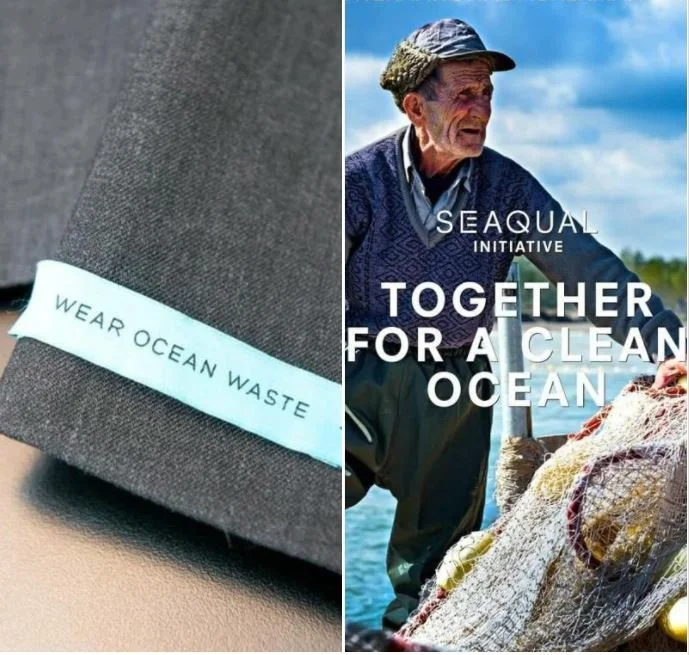

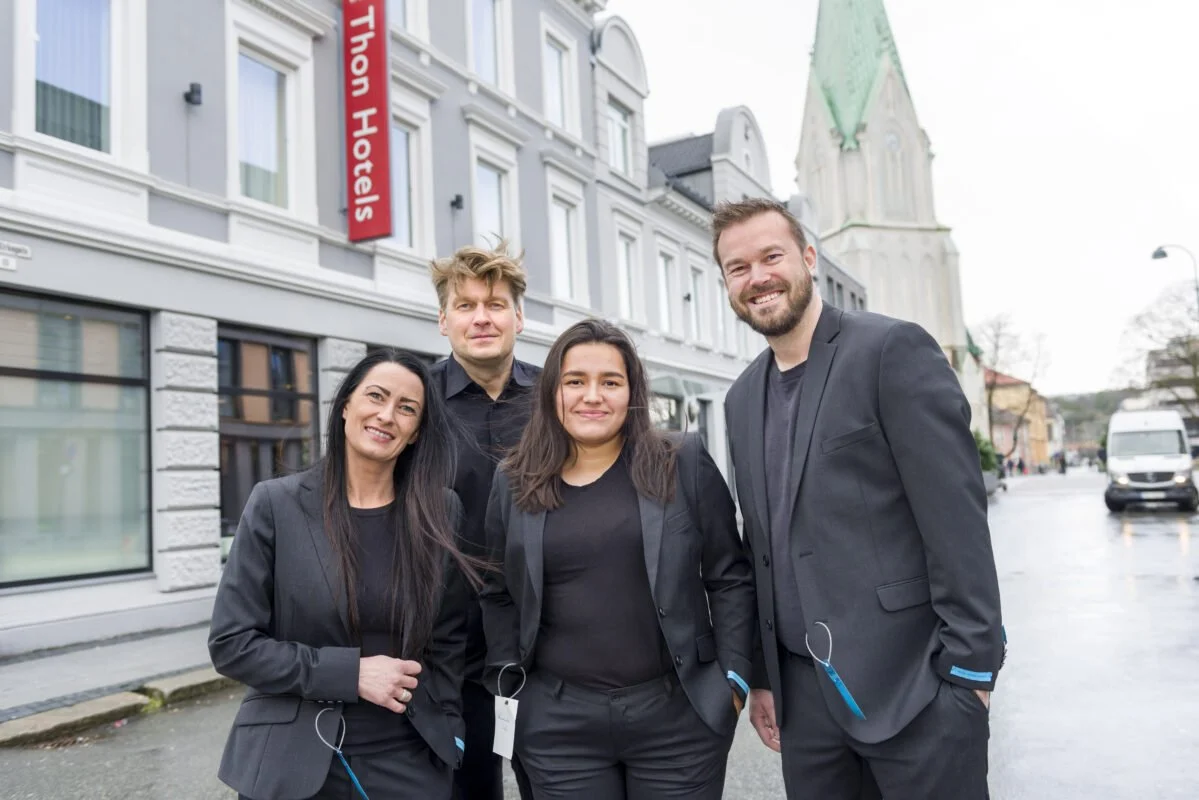


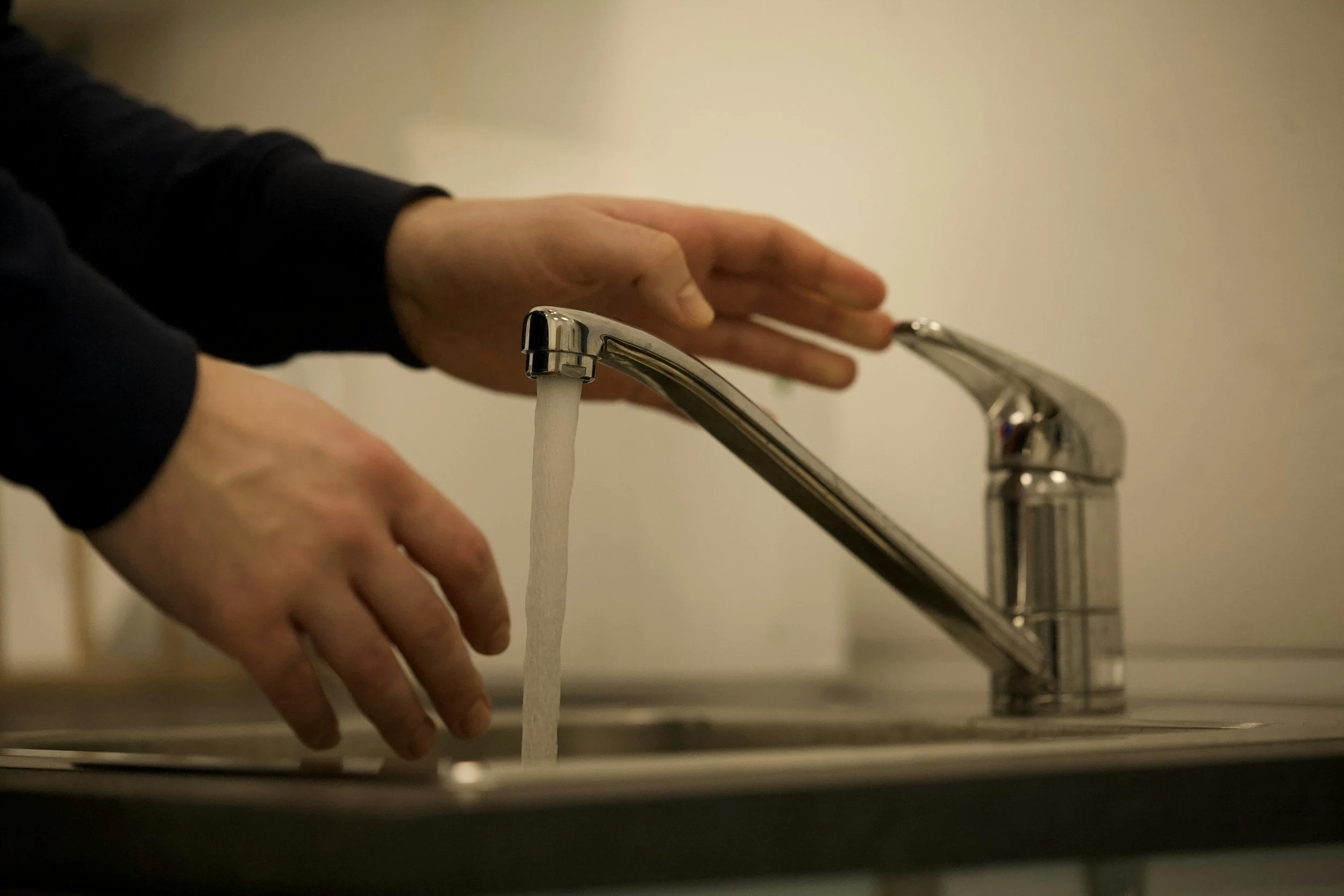
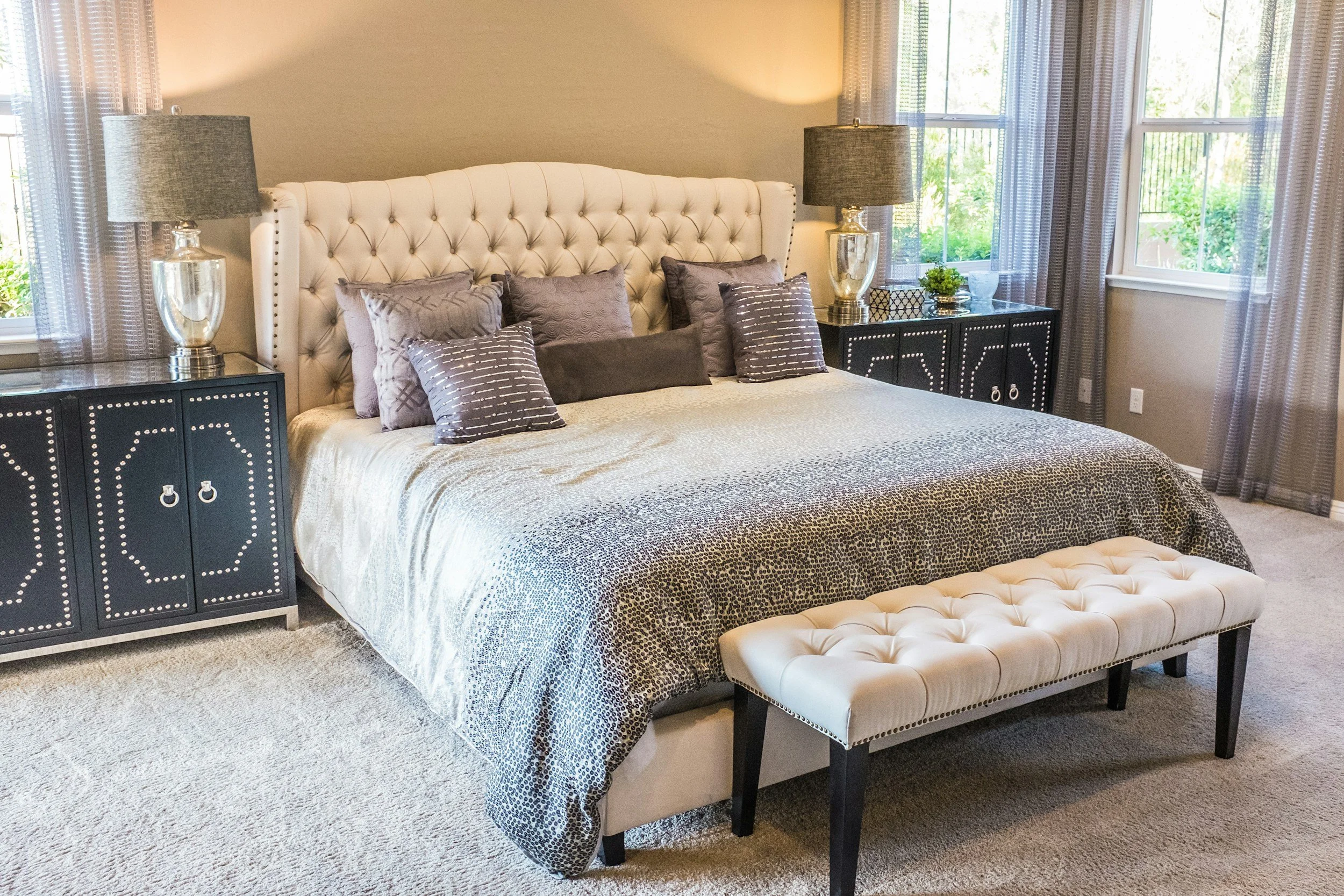
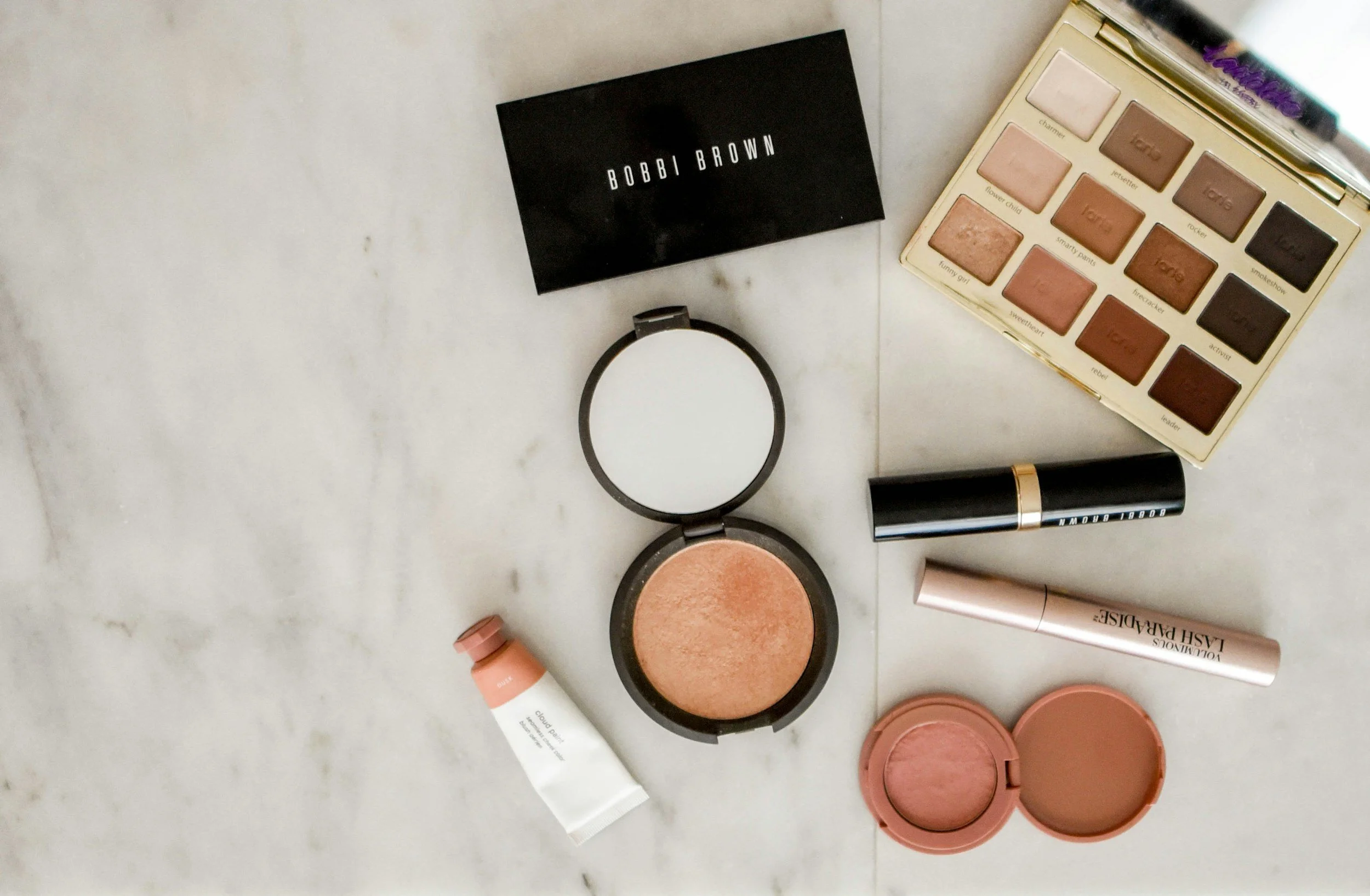
When investing in quartz countertops, choosing the right warranty and care package is just as important as selecting the color and finish.